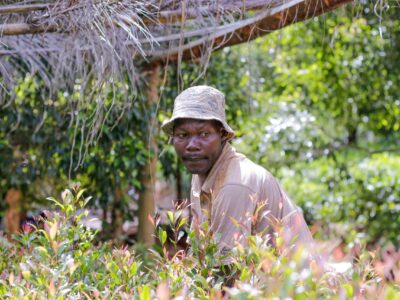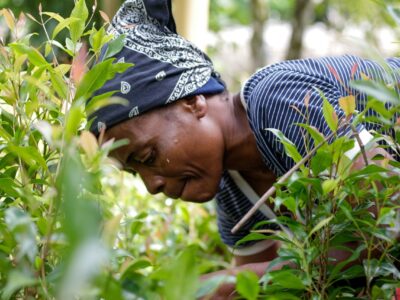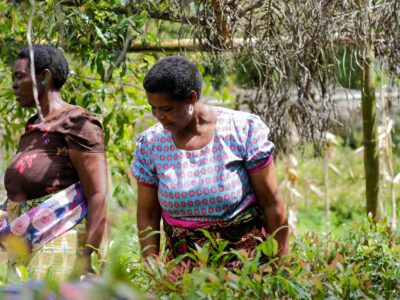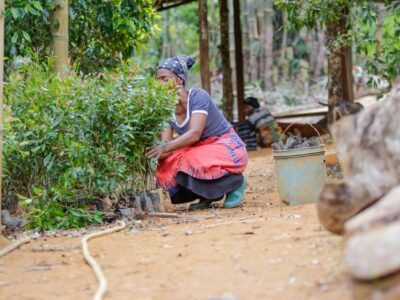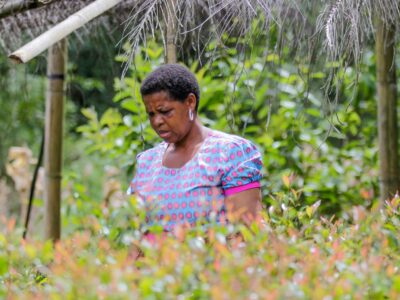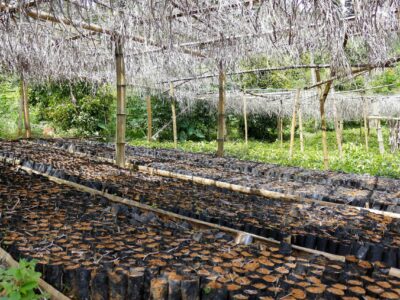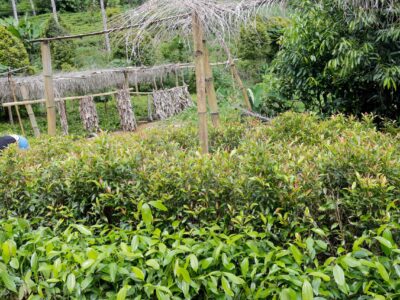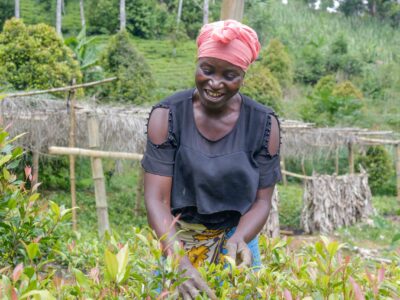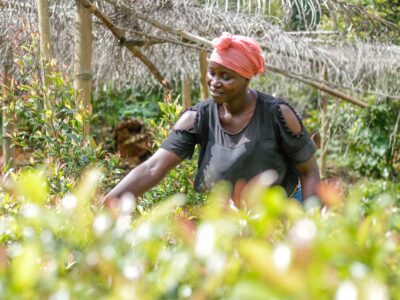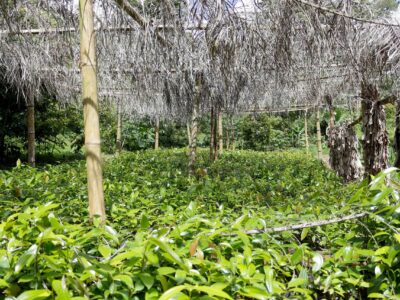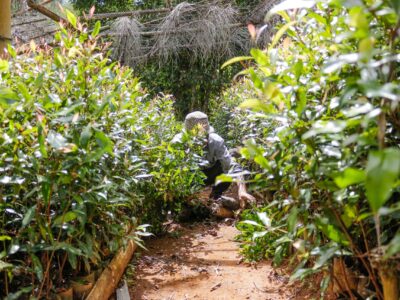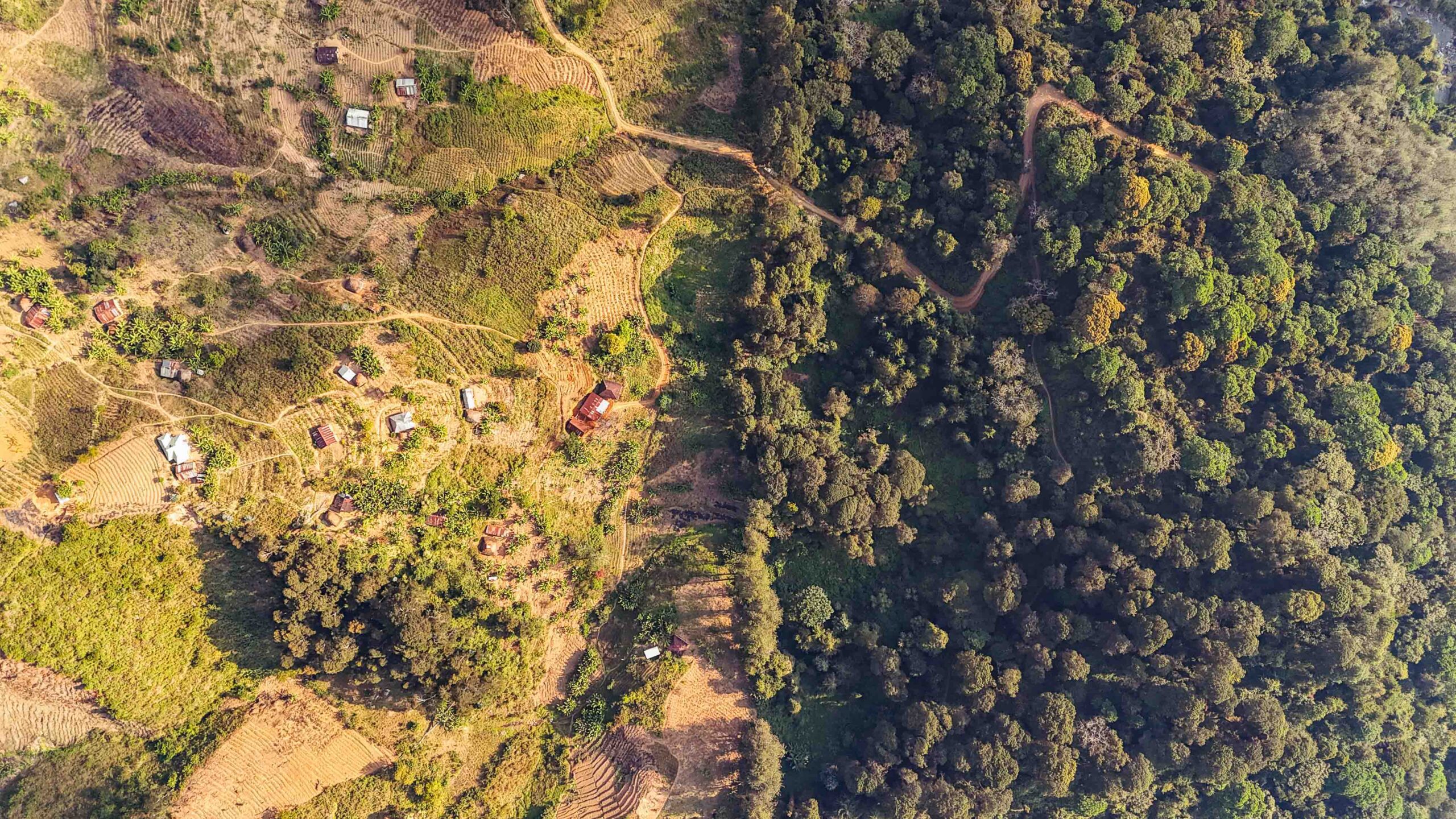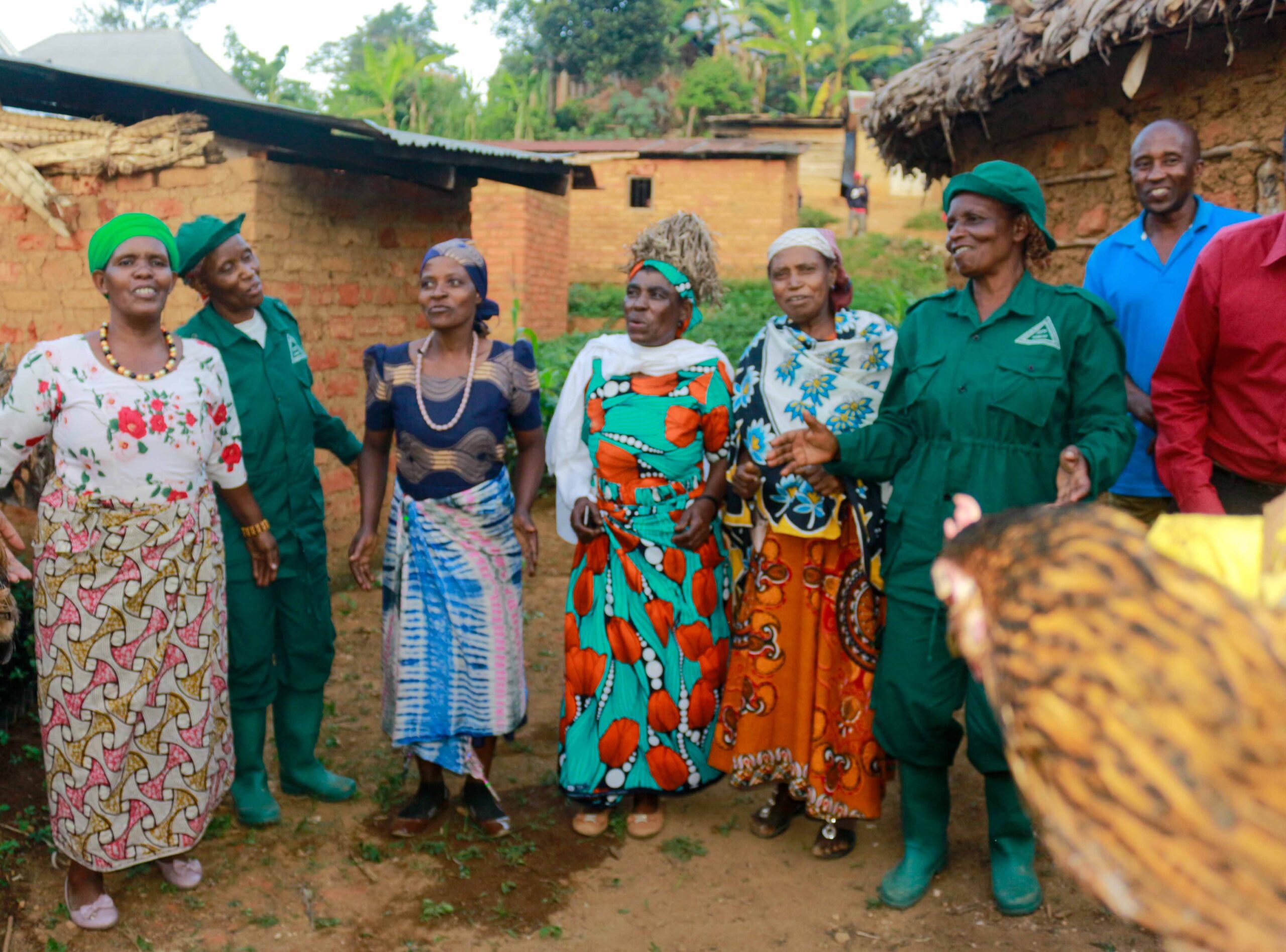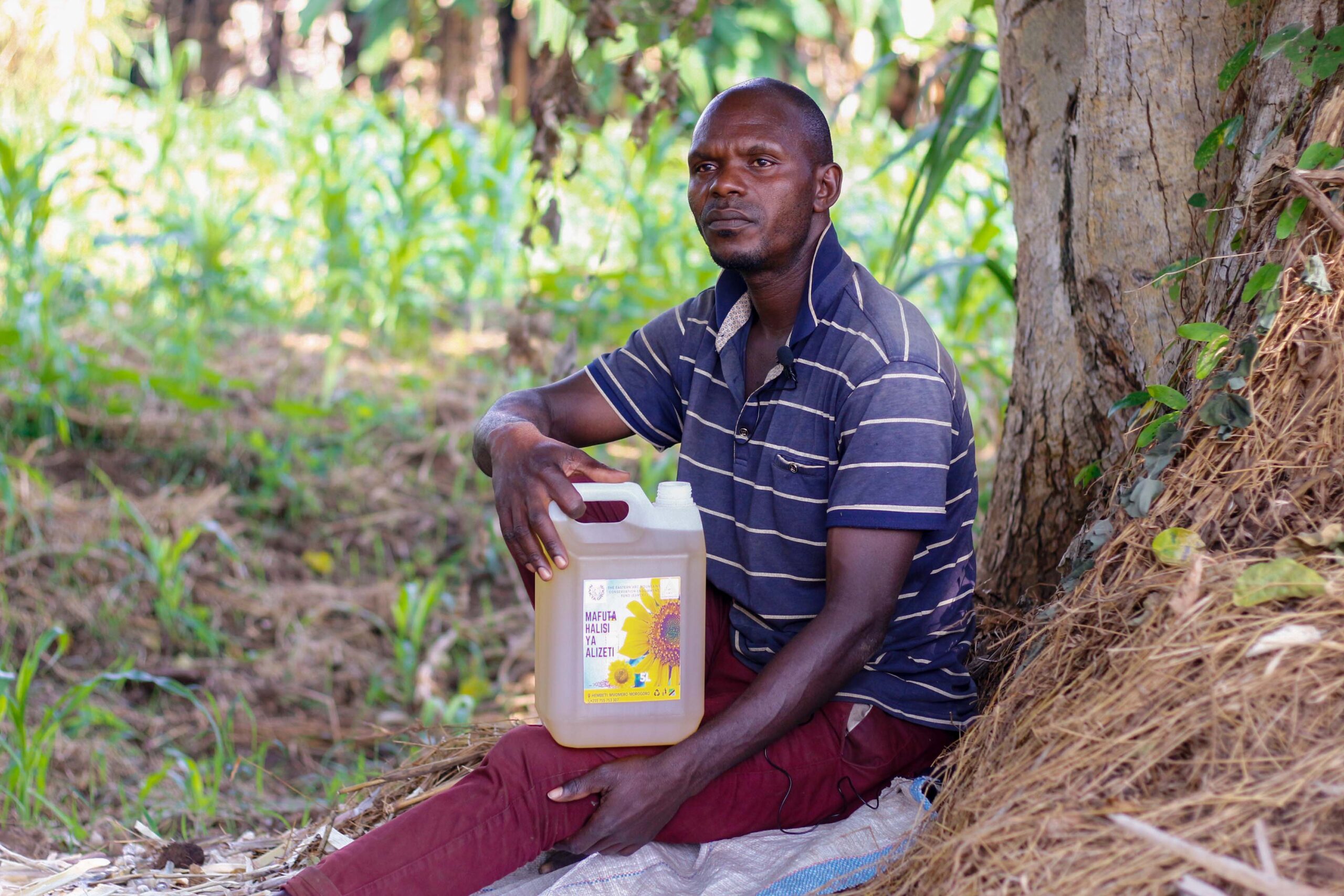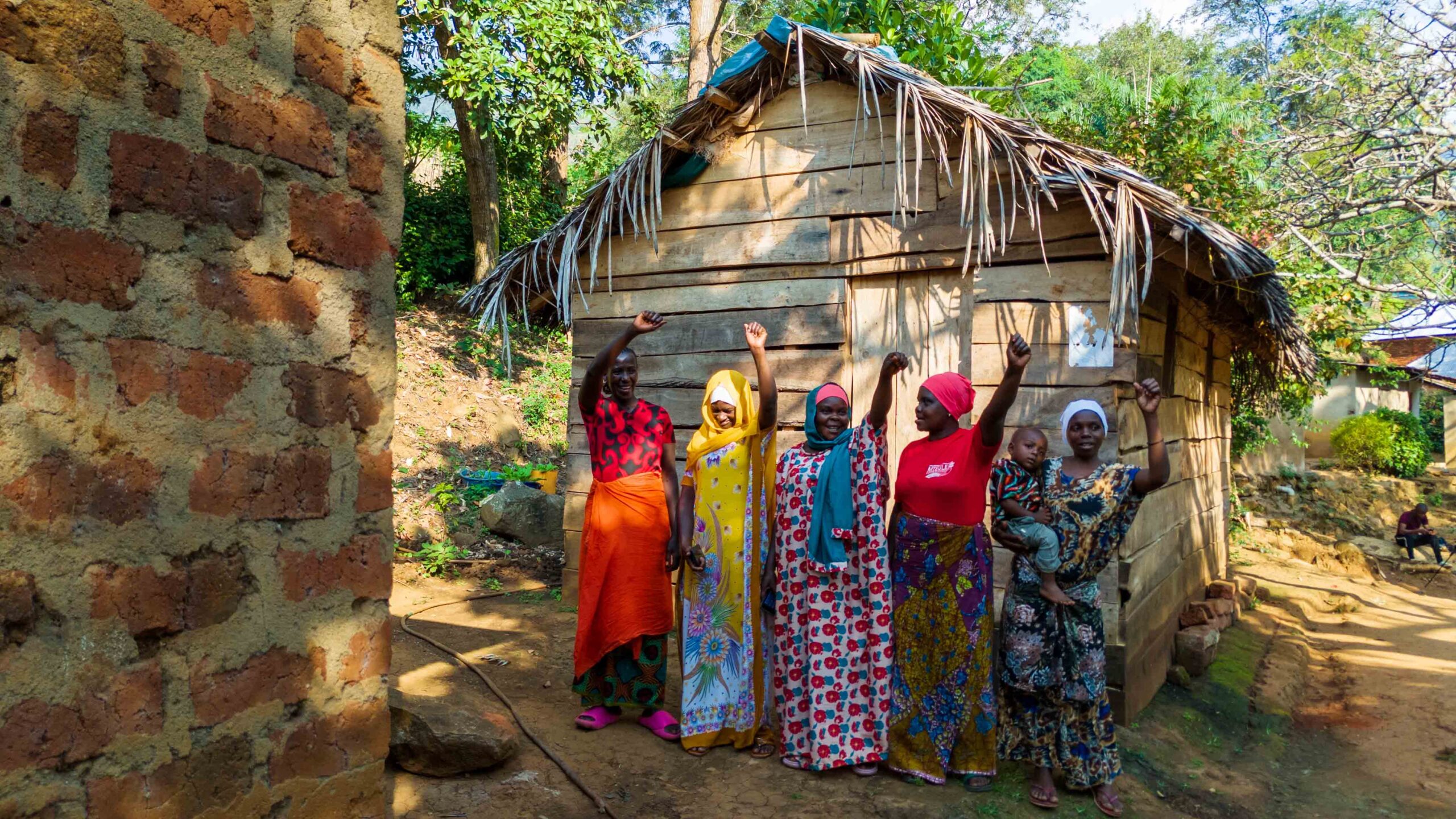Spice farming is transforming lives in Mlesa Village, thanks to support from the Eastern Arc Mountains Conservation Endowment Fund (EAMCEF). Through this initiative, a women-led group named Kazamwendo was formed under the spice farming project to provide sustainable income while conserving the Amani Nature Forest Reserve.
This spice farming project reduces pressure on forest resources by offering villagers alternative livelihoods. The women plant trees that contribute to both environmental conservation and household earnings. The Kazamwendo group also produces and sells spice seedlings, increasing their income and supporting tree planting efforts in nearby communities.
In addition to its environmental impact, spice farming has empowered women with financial independence and boosted their role as conservation ambassadors. The project educates surrounding villages on sustainable practices, reinforcing the community’s commitment to protecting natural resources.
Overall, the spice farming initiative stands out as a successful model of how sustainable agriculture can drive both economic development and forest conservation.




